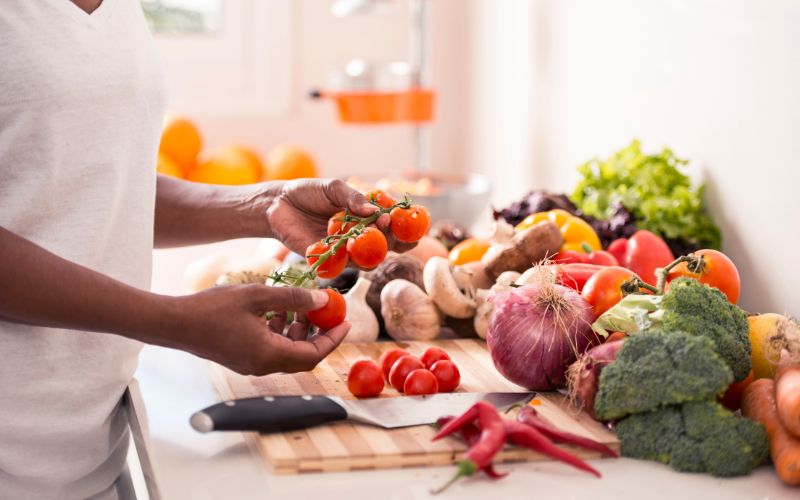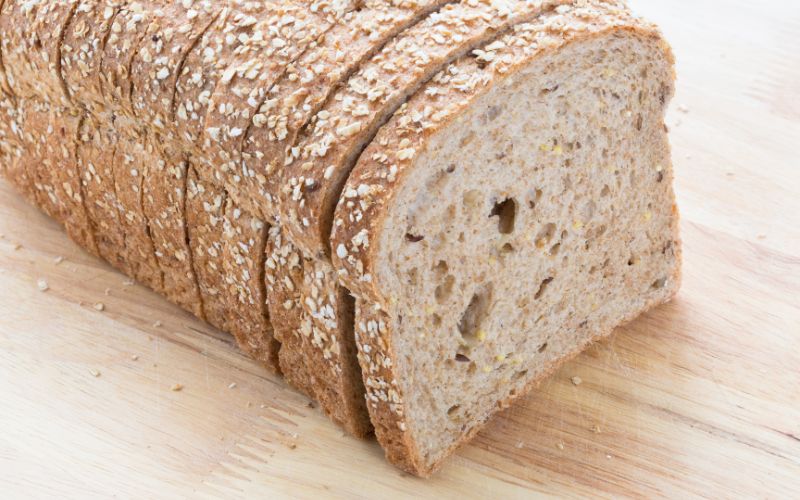It is never too soon to start eating right and the first step to that is to begin cooking the healthy way.
Many of us have thought about this and while it is a good and beneficial idea, not a lot of people actually moved beyond that and put the thought into action.
The reason for this is that there are a lot of questions playing in one’s mind about healthy cooking. Now we answer some of them.
Can anyone cook healthy meals?
Of course! Cooking healthy meals can be done by anyone. As long as you have the ingredients and cooking basics, you can come up with nutritious meals even if you are not a professional chef.
Is cooking healthy expensive?
It can be. However, if you know what you are doing, and with experience, you can make more practical choices when it comes to ingredients that will allow you to make affordable healthy meals.
Do I need special equipment to create healthy dishes?
In healthy cooking, a steamer, juicer, and an oven will make your life easier.
However, even without these, you can still create meals that are low in fat and salt and are filled with nutrients. Even if all you have are basic cooking tools, you can cook healthy stuff.
Is it necessary to eliminate all kinds of fat when cooking meals?
No. Healthy cooking doesn’t necessarily mean cooking without any fat. You just need to choose better fats such as olive oil, canola oil, and those oils found in avocado and fish.
The fats you need to avoid are vegetable oil, butter, and cream as these are related to health conditions such as high triglyceride levels and high cholesterol levels.
Should I ditch the carbs?
Absolutely not. While there are claims that carbs lead to weight gain, not all carbs are bad. Refined carbs such as white rice, pastries, and instant mashed potatoes should be avoided.
However, one can still eat carbohydrates in the form of whole grains, sweet potatoes, bananas etc.
Is it healthy to go on a low sodium diet?
Generally, sodium is required by the body to maintain its fluid balance. However, when taken in excess, sodium can trigger high blood pressure and may cause you retain more water.
It is also linked to diseases such as gallstones and kidney stones. Since most processed foods contain a lot of sodium, it is recommended that you avoid these kinds of foods first and see if you notice an improvement in your health.
You can still add a bit of sodium (salt), soy sauce, and fish sauce here and there. But make sure you do so in moderation. It is not recommended to eliminate sodium completely in your diet.
Are foods labeled as low-fat good for the health?
Not necessarily. In fact, it is not recommended to stick to these low-fat products as more often than not they contain a high amount of sugar.
If you want to avoid fat in your diet, start with your cooking method. Opt for grilling, steaming and baking instead of frying.
Also start by reducing the amount of foods that are obviously loaded with fat such as bacon, butter, and sour cream.
I like to incorporate more vegetables into my diet but cooking them makes them soggy. What do I do?
Vegetables are likely to become soggy and unappetizing if you overcook them. Some vegetables can be eaten raw but some vegetables require cooking to be better digested by the body.
If you want to cook your vegetables, choose cooking methods that are veggie friendly. Steaming is one good option as it retains the color of the vegetables and keeps their nutrients locked in.
Roasting is another recommended way to cook them as it brings out the natural sweetness of the vegetables.
Also, roasting vegetables are easily done with an oven. You can also load up on veggies by making blended vegetable soups or creating a very healthy green smoothie.
I have a very busy schedule. How can I eat healthy meals every day with limited time for cooking and preparation?
Cook a big batch. Soups and mixed rice can be cooked in bulk and frozen so you’d have something to eat every day.
Make a big pot of vegetable soup and only reheat what you need for the meal. This is a big money saver too. Other things that you can prepare ahead of time are stews and curries.
All salads are healthy. Right?
Not really. Some salads, especially those that are served in restaurants are swimming in fatty dressing.
A healthy salad can be made easily at home by using fresh season vegetables and dressing made with vinegar, a little oil, sugar, pepper, and salt. A homemade salad is a lot healthier than what you can find outside because you know exactly what goes on your plate.
My family loves fried chicken. Is there a healthier way to make some without using a deep fryer?
“Fried” chicken can be recreated by baking chicken that is coated with breadcrumbs.
You can cut chicken breast into strips and roll them in seasoned breadcrumbs. Pop them in the oven until they are cooked and golden and crispy.





